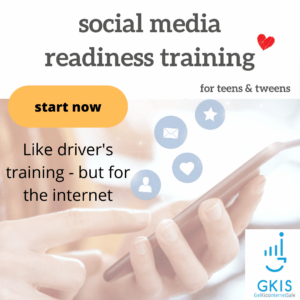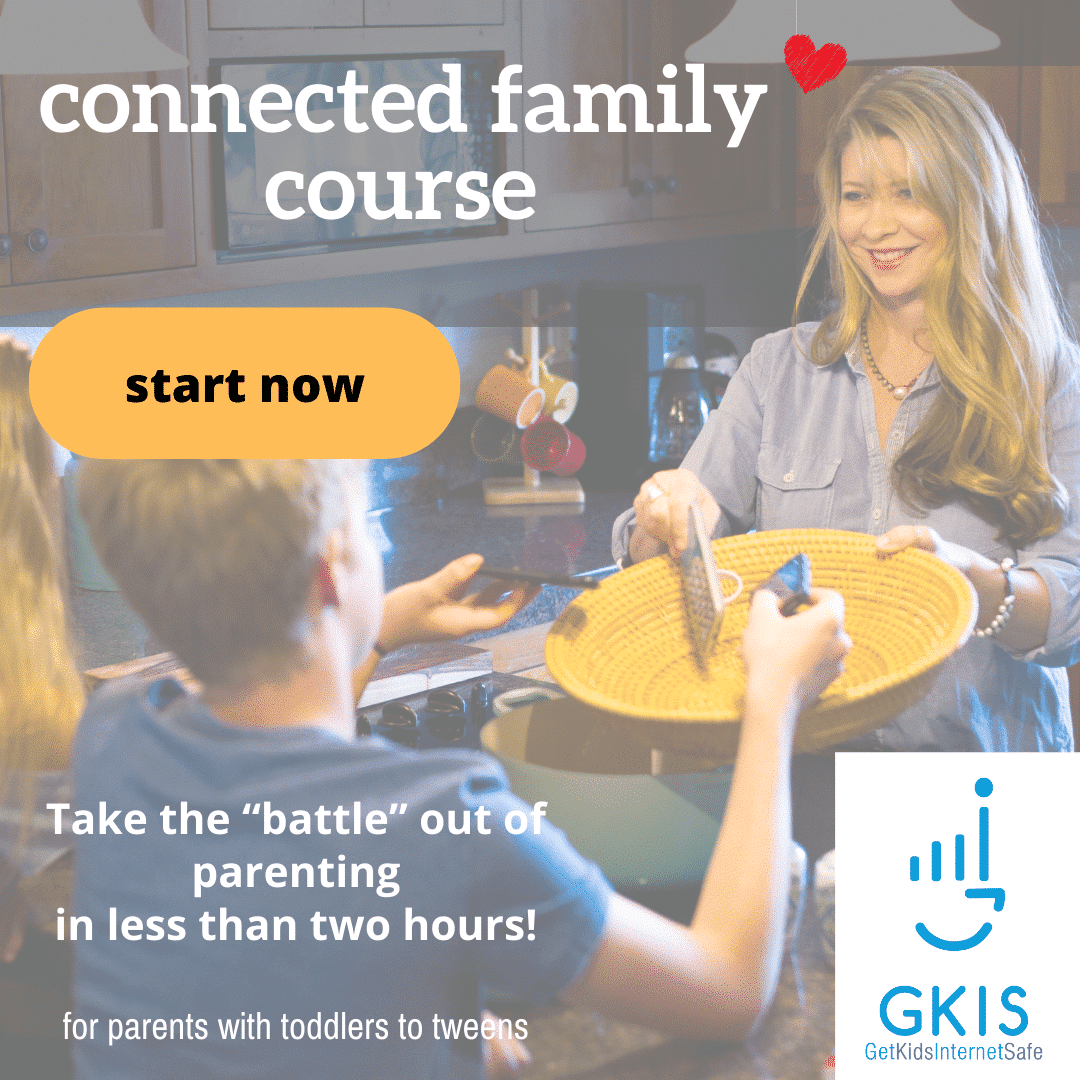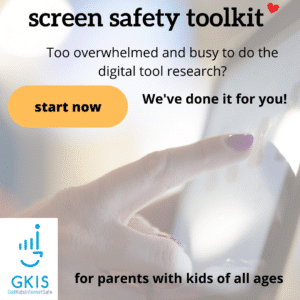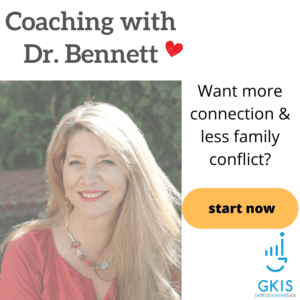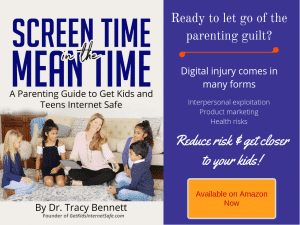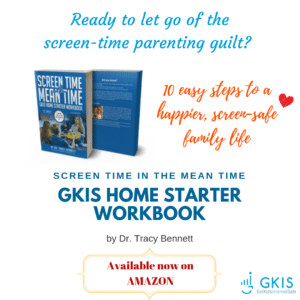
It’s universally understood that losing a loved one is difficult. Navigating the grieving and mourning process is different for everyone and can sometimes be extremely damaging to families. But, what about social media’s influence over the grieving process?
According to Kübler-Ross model, there are five steps to grief:
- Denial and separation,
- Anger,
- Bargaining,
- Depression, and
- Acceptance.
I’ve found that although categorizing what I was experiencing made it easier to express to individuals who were not mourning, it made it harder for me to overcome my grief especially with how connected I am to social media. This is my story on how I navigated the grieving process in today’s online era.

I knew this day was coming, and that inevitably I would receive that heartbreaking phone call from my mother that changed everything for me.
He passed away early in the morning on June 9, 2019, just six days away from one social media’s popular posting day… Father’s Day.
My grieving process was like anyone else’s who loses a parent. I was heartbroken, regretful, and nothing I felt… seemed like enough. A wave of, “I’m sorry for your loss” and “My thoughts are with your family” flooded my social media accounts and text messages. I couldn’t bare to respond. It made his passing all the more real, and talking about it to acquaintances who weren’t there for the devastating end of his life couldn’t even imagine the pain I was in. I felt alone, and social media made me feel even more alone.
How Social Media Affected My Grieving Process
Father’s Day rolled around and almost every person I followed posted a picture along with a loving caption about their dad. It was like a slap in the face from the universe, mocking my pain. I also couldn’t understand why the entire world seemed to move forward. I’d go on Twitter, Instagram, and Facebook just to see how happy everyone was and how their world hadn’t crumbled into pieces as mine had. I was surprisingly bitter and angry. I snapped at friends who would complain about mundane things. I couldn’t leave the house, because everywhere around me people were celebrating summertime. It wasn’t until my birthday (June 27) that I finally overcame the weight of my loss. I spent the entire day drinking, laughing, and soaking up the sun with my mom at a spa. I was finally able to post something on Instagram, and, instead of faking it, I discussed my depression, my withdrawal, and how slowly I stepped out of both.
The overwhelming love and support I received from even strangers that follow me filled my heart with joy and warmth. I finally felt like I could breathe again and that life wasn’t so heavy. Sharing my grief with my followers and hearing their stories about their grieving process made me feel less guilty about my isolation and anger.
You are not alone.
The hardest part was leaving my house and doing everyday mundane things. But when I opened up on Instagram, I found comfort from my online friendships. People would comment, message me, and check-in with me after they knew what I was going through.
Social media made it easier for me to express myself without actually having to put myself out into the world again. Friends and family members sent me memes and silly cat videos to keep me laughing. Some friends even Venmoed me money so I could order food to my door rather than having to go to the grocery store.
If you or a loved one has lost someone, perhaps you would find comfort from social media sharing and connection. There are people that want to help and listen to you.

- Blogging about my experience
- Reddit for information and distraction
- Facebook posts to share stories with friends/families of loved one
- Instagram pictures/personal captions
- Spotify playlists that you can share with family
- Venmo for food delivery gifts

I’m the mom psychologist who will help you GetKidsInternetSafe.
Onward to More Awesome Parenting,
Tracy S. Bennett, Ph.D.
Mom, Clinical Psychologist, CSUCI Adjunct Faculty
GetKidsInternetSafe.com
Photo Credits
Photo by Mike Labrum on Unsplash
Photo by Marcelo Lealon Unsplash
Photo by Nordwood Themes on Unsplash


